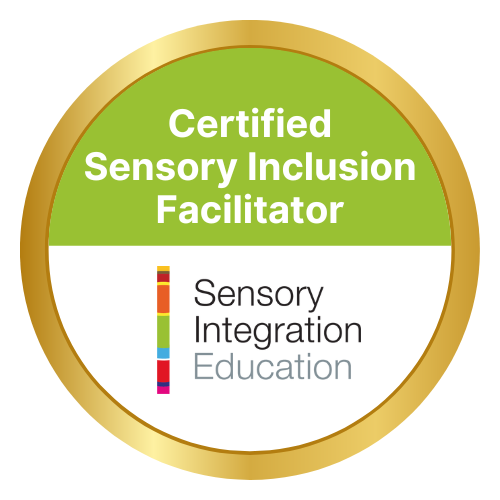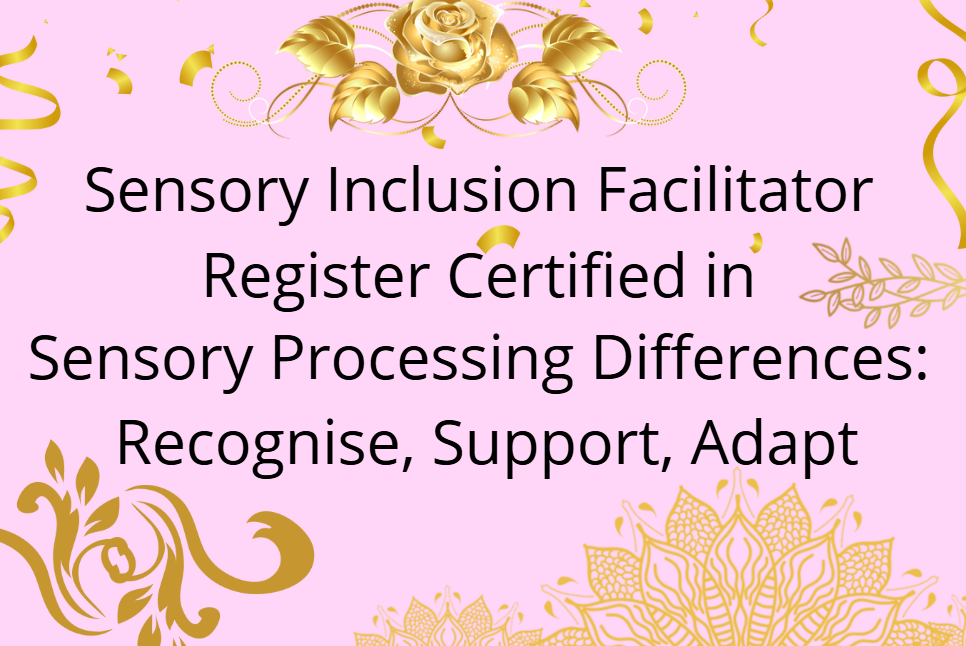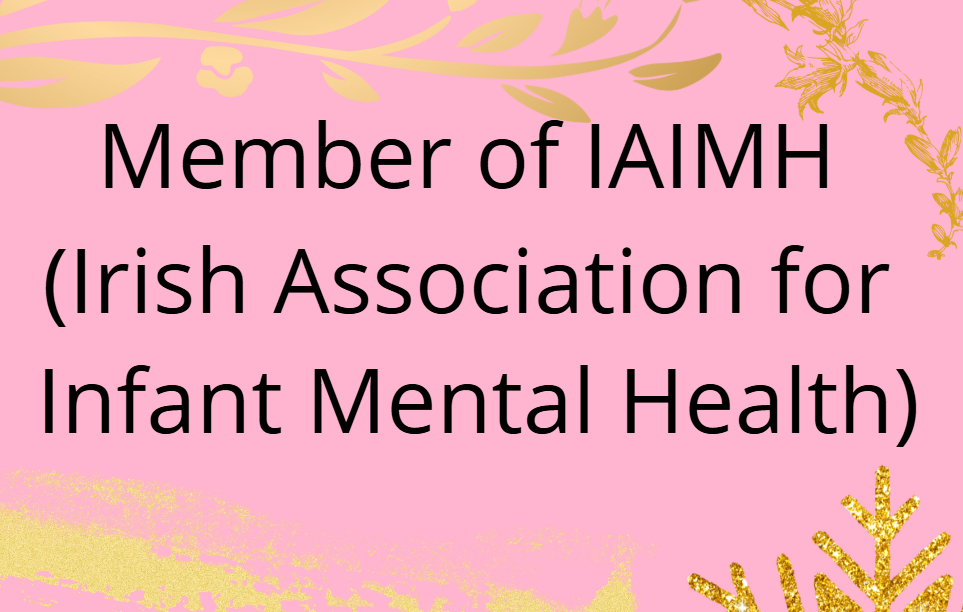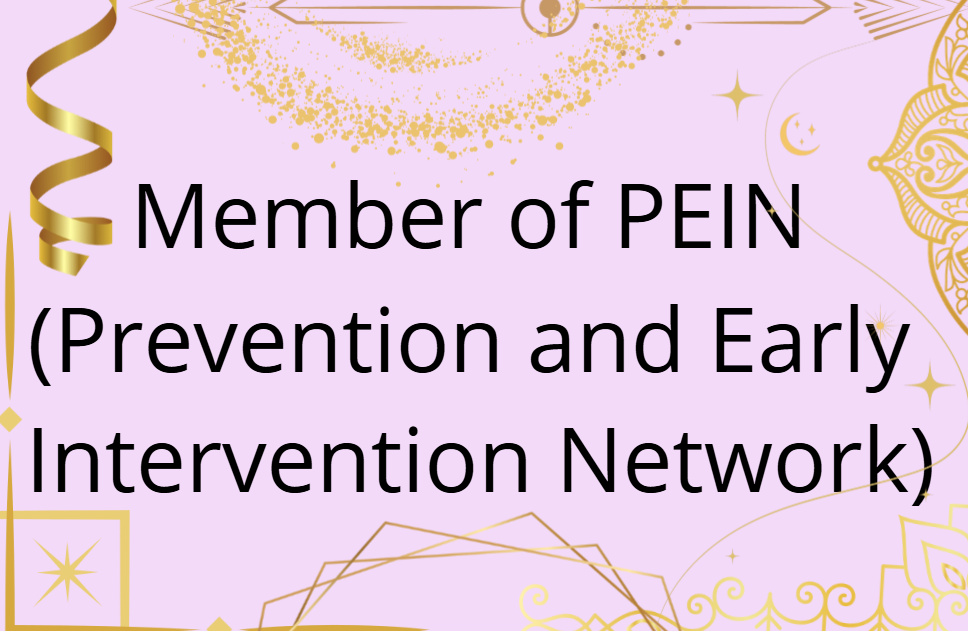Feeding Support: Helping Your Child Build Positive Mealtime Habits

Author: Kristina Rautek Potocnik, BA (Hons) Ed. Rehab., HDip Early Childhood Studies, MA Early Intervention & Inclusion, Cert. Play Therapy | SI | ASD | Reflexes, ongoing MSc SLT
Feeding Support: Helping Your Child Build Positive Mealtime Habits
Does your child refuse certain foods, throw tantrums at the table, or eat only one type of texture? Are mealtimes at home stressful and exhausting?
Feeding challenges are common in early childhood, both in children with developmental needs and those who are typically developing. Many parents share similar stories—children who only want soft or blended food, refuse to chew, gag when trying new textures, or eat only certain colours or shapes. Some of these behaviours are linked to physical or sensory difficulties, while others come from routines and habits that have developed over time.
When feeding becomes a daily struggle, it helps to understand what may be happening and how to gently support your child in learning better eating habits.
There are many reasons why a child might find feeding difficult. These include weak oral muscles, overly strong or low muscle tone in the face, sensory sensitivities, or emotional responses around food. Sometimes a child avoids chewing because they are not used to it or were offered blended food for too long. Other children may overeat or undereat because they have trouble knowing when they are hungry or full.
Some common signs of feeding difficulties include:
– swallowing food whole without chewing
– refusing to eat certain textures or new foods
– gagging, coughing, or vomiting during or after meals
– becoming upset or anxious at mealtime
– taking longer than 30–40 minutes to finish a meal
– needing distractions to eat, like TV or toys
– eating only a very small number of foods
Children may also struggle to move from bottle-feeding to spoon-feeding, or from pureed to solid food. Some may have difficulties after feeding through a tube and need support when returning to eating by mouth.
The goal of feeding support is to help children build safe and healthy eating routines. This is not just about getting a child to eat more—it’s about making mealtimes calmer, easier, and more positive for the whole family. When children feel relaxed and safe, they are more open to trying new foods and building important eating skills.
In early support sessions, children learn how to improve oral control, such as chewing, sipping from a straw, or using a spoon. Some children need time to learn how to touch and explore food without fear. Others work on accepting different textures and building a wider variety of foods they are willing to eat. Every plan is individual and based on the child’s age, stage of development, and needs.
Parents play a key role. You are your child’s most important teacher. At NeuroNest, we work with families to share practical tools for home, such as how to:
– create calm and predictable routines around meals
– introduce new foods step by step
– reduce mealtime stress
– track food intake and reactions in a simple journal
– respond to behaviours with calm and consistency
– celebrate progress, no matter how small
The focus is always on building positive experiences around food and helping your child feel safe, curious, and in control during mealtime.
Here are some tips to try at home:
Create a simple routine.
Stick to regular meal and snack times. Avoid distractions like screens or toys during meals. Keep the atmosphere calm and quiet so your child can focus on food.
Make food fun and playful.
Use different shapes, colours, or plates to present food in an interesting way. Let your child feed themselves and explore, even if it gets messy. Praise effort, not just results.
Get your child involved.
Invite your child to help you prepare food. They can wash vegetables, pour water, or mix ingredients. This helps them become more familiar with food before they eat it.
Eat together when possible.
Family meals give your child the chance to watch others enjoy food and learn from example.
If your child has feeding difficulties, early support can make a big difference. You are not alone—and with time, patience, and teamwork, your child can develop healthier habits and enjoy eating as a positive part of daily life.
Latest Posts
- How children make sense of the world through their senses
- How your baby learns about the world through their senses
- Helping your child grow stronger through movement and play
- Understanding How Early Intervention Helps Children Learn, Move, and Connect
- How to Recognise Tactile Defensiveness and Help Your Child Feel Safe
- Understanding Feeding Challenges and How to Support Your Child at Home
- Let’s Talk Sitting: Exploring Floor Seating Options
- Retained Primitive Reflexes: The Hidden Cause Behind Developmental Struggles
- Where Curiosity Blossoms: How Children's Play Nurtures Growth for All
- Helping Your Child Through Stress: A Gentle Guide for Parents
- Sweet Little Lies – How to Recognise and Respond with Care
- Chores Are More Than Just Tasks – They’re a Tool for Growing Independence, Focus, and Confidence
- How to Help Children Develop Emotional Intelligence
- Blending Technology and Care: How VR Meta Quest Supports Children at NeuroNest
- A simple guide for parents who want to raise confident, happy children
- Setting Boundaries with Love: A Simple 3-Step Guide for Parents
- Understanding Behavior Through the Nervous System
- A Compassionate Lens on Dysregulation in Non-Speaking Autistic Individuals
- Supporting Development Through Movement: The Role of the Swing in Early Intervention
- Blending Tradition and Innovation: How NeuroNest Supports Your Child’s Unique Journey
- When Movement Meets Innovation: Supporting Child Development with GoBalance
- Why Visual Perception Matters for Everyday Life and Development
- Benefits of Chess in Early Intervention
- Building Healthy Nutrition from the Start
- A Journey Back to Your True Self
- Supporting Your Child’s Hand Skills for Confident Writing
- Blending the Best of Both Worlds
- Helping Toddlers Eat Well: A Parent’s Guide
- Why Tummy Time Matters for Your Baby's Development
- Helping Your Child Build Everyday Independence
- Who Are the Disconnected Kids?
- From First Tries to Automatic Habits: Understanding the Stages of Skill Learning
- Why a Child’s Level of Alertness Matters for Memory and Learning
- Early brain development starts before birth
- Why Slowing Down, Adapting Tasks, and Adding Breaks Helps Children Learn Better
- Why ADHD, Autism, Dyslexia and Other Challenges Need a New Approach
- The surprising power of copying in child development
- Books are more than just language tools—they’re powerful allies in sensory and motor development.
- Rethinking sensory support: moving beyond expensive rooms toward everyday understanding.
- Understanding how fear develops in a child’s brain
- Understanding how an early baby reflex can affect your child’s daily life
- A gentle start into baby development through movement and bonding
- A child-centred, research-informed approach that uses the power of play to support communication, emotional regulation, motor development, and meaningful growth from infancy to twelve years.
Our Partners




Our Memberships










